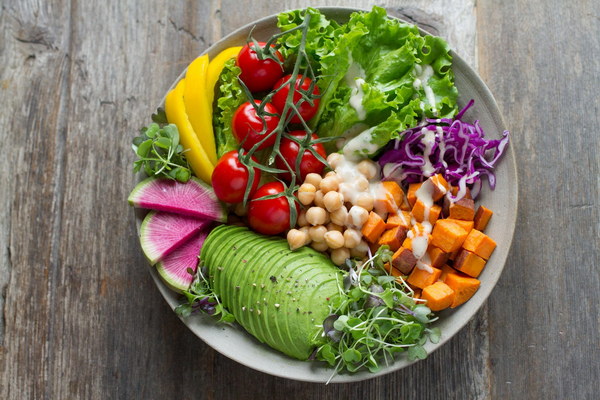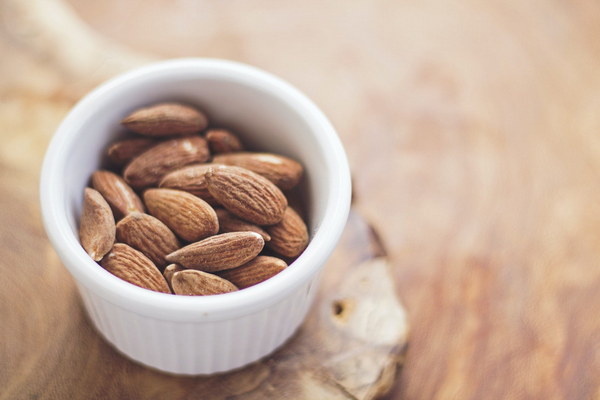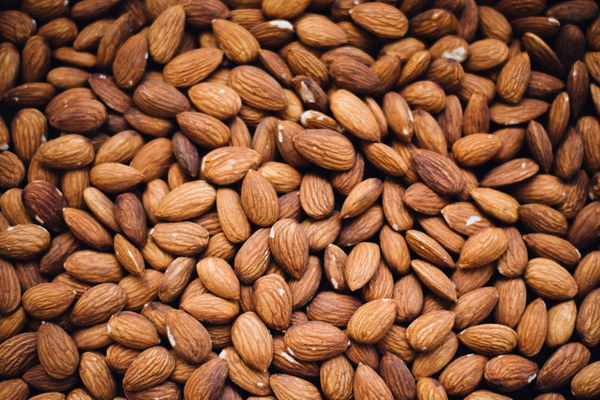Nourishing Your Lungs A Guide to Foods That Benefit Asthmatics
Asthma, a chronic respiratory condition, can be challenging to manage. However, one of the key aspects of asthma care is maintaining lung health. While medication plays a crucial role, dietary adjustments can also significantly contribute to managing asthma symptoms. In this article, we will explore the foods that can help nourish your lungs and support asthma management.
1. Fruits High in Antioxidants
Antioxidants are essential for protecting the lungs from oxidative stress, which can exacerbate asthma symptoms. Fruits such as berries (blueberries, strawberries, raspberries), apples, and oranges are rich in antioxidants and can help reduce inflammation in the airways.
2. Green Leafy Vegetables
Green leafy vegetables like spinach, kale, and Swiss chard are packed with vitamins A, C, and E, which are known for their lung-protective properties. These vitamins can enhance lung function and reduce the risk of respiratory infections.
3. Omega-3 Fatty Acids

Omega-3 fatty acids, found in fatty fish like salmon, mackerel, and sardines, have anti-inflammatory effects that can help reduce asthma symptoms. Omega-3s can also improve lung function and decrease the frequency of asthma attacks.
4. Nuts and Seeds
Nuts and seeds, such as almonds, walnuts, chia seeds, and flaxseeds, are excellent sources of omega-3 fatty acids and antioxidants. These nutrients can help alleviate asthma symptoms and promote lung health.
5. Garlic and Onions
Garlic and onions contain compounds that have anti-inflammatory properties, which can help reduce asthma symptoms. These allium vegetables can also boost the immune system, helping to prevent respiratory infections.
6. Fiber-Rich Foods
Fiber-rich foods like whole grains, legumes, and vegetables can help regulate digestion and reduce inflammation. This can lead to improved lung function and a lower risk of asthma exacerbations.
7. Tea and Herbs
Herbal teas and certain herbs, such as ginger, turmeric, and eucalyptus, have been shown to have anti-inflammatory and bronchodilatory properties. These natural remedies can help alleviate asthma symptoms and reduce inflammation in the airways.
8. Probiotic-Rich Foods
Probiotic-rich foods like yogurt, kefir, and sauerkraut can help maintain a healthy gut microbiome, which can impact lung health. A balanced gut microbiome may help reduce asthma symptoms and improve overall respiratory function.
9. Hydration
Staying hydrated is crucial for lung health. Drinking plenty of water can help thin mucus, making it easier to expel from the lungs and reduce the risk of asthma attacks.
10. Avoiding Allergens and Triggers
While not a food, it's essential to avoid allergens and environmental triggers that can worsen asthma symptoms. Common triggers include pollen, dust mites, pet dander, and smoke.
In conclusion, incorporating certain foods into your diet can help nourish your lungs and support asthma management. By focusing on a balanced diet rich in antioxidants, omega-3 fatty acids, and other lung-friendly nutrients, you can improve lung function, reduce inflammation, and decrease the frequency of asthma attacks. However, it's crucial to remember that dietary adjustments should be complemented by proper asthma medication and a healthy lifestyle. Always consult with a healthcare professional before making significant changes to your diet or asthma management plan.









